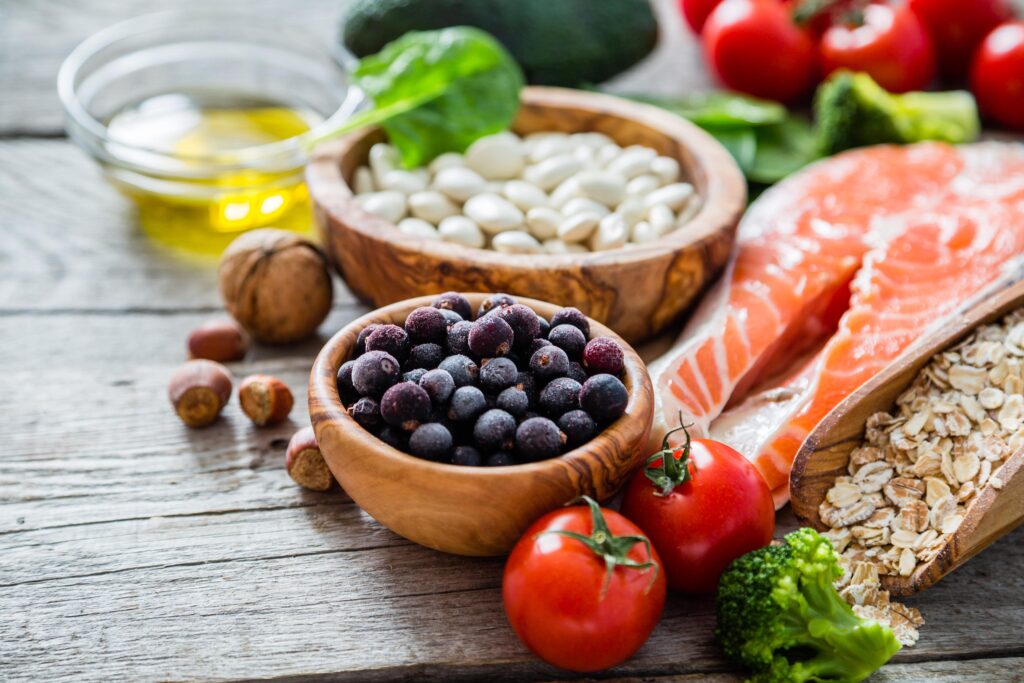Vitamin C is a water-soluble nutrient that is essential for the proper functioning of the body. It is also known as ascorbic acid and is found in many fruits and vegetables. Vitamin C plays a vital role in maintaining the immune system, promoting wound healing, and producing collagen, a protein that is essential for healthy skin, bones, and cartilage.
One of the most significant benefits of vitamin C is its ability to boost the immune system. It helps to stimulate the production of white blood cells, which are essential for fighting off infections and diseases.Vitamin C also acts as an antioxidant, protecting cells from damage caused by free radicals, which can lead to chronic diseases such as cancer and heart disease.
Good vitamin C can be found here: https://www.amazon.com/NOW-Vitamin-Sustained-Release-Tablets/dp/B0013P1GD6/ref=sr_1_4?crid=1X4ELACCVPKGJ&keywords=vitamin+c&qid=1680265633&sprefix=vit%252Caps%252C203&sr=8-4&_encoding=UTF8&tag=myhealthyfit-20&linkCode=ur2&linkId=847c63d8289e44210fa46150811d304a&camp=1789&creative=9325

Vitamin C is also important for wound healing. It helps to promote the growth of new tissue and blood vessels, which is essential for repairing damaged tissue. Vitamin C also plays a role in the production of collagen, a protein that is found in skin, bones, and cartilage. Collagen is essential for maintaining healthy skin, and a lack of vitamin C can lead to skin problems such as dryness, wrinkles, and even scurvy.
In addition to its immune-boosting and wound-healing properties, vitamin C has also been shown to have a positive effect on cardiovascular health. Studies have shown that vitamin C can help to lower blood pressure and reduce the risk of heart disease.
Overall, vitamin C is an essential nutrient that is vital for maintaining good health. It is found in many fruits and vegetables, including citrus fruits, strawberries, kiwi, tomatoes, broccoli, and peppers. While it is possible to get enough vitamin C through a healthy diet, many people choose to take supplements to ensure they are getting enough of this important nutrient.
Here are some recommendations for the use of vitamin C:
- Recommended Daily Allowance (RDA): The RDA for vitamin C is 90mg for men and 75mg for women. However, this can vary depending on age, gender, and other factors.
- Food Sources: The best way to get Vitamin C is through your diet. Foods high in vitamin C include citrus fruits, strawberries, kiwi, broccoli, tomatoes, and peppers.
- Supplements: If you are not getting enough vitamin C from your diet, supplements can be a good option. However, it is important not to exceed the recommended daily dose as too much vitamin C can cause side effects such as stomach upset and diarrhea.
- Timing: It is best to take vitamin C supplements with food to help with absorption.
- Storage: Vitamin C is sensitive to light and heat, so it is important to store supplements in a cool, dry place away from direct sunlight.
- Medical Conditions: People with certain medical conditions such as kidney disease or iron overload should talk to their healthcare provider before taking vitamin C supplements.
- Interactions: Vitamin C supplements can interact with some medications, such as blood thinners, so it is important to talk to your healthcare provider if you are taking any medications.






